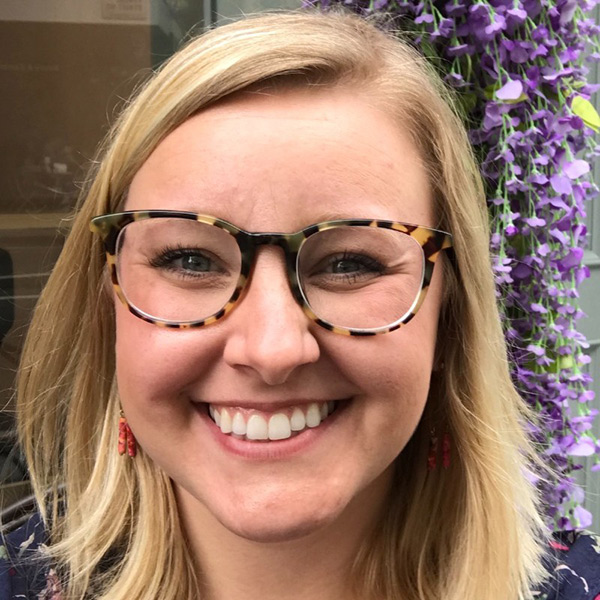
Sarah Barnes Banbury graduated from Samford in 2021. Following graduation, she began her clinical fellowship at UAB as a speech-language pathologist. Banbury reflects on her time at Samford and what lessons she was taught that prepared her for her career.
How did your experience at Samford prepare you for your fellowship at UAB?
My time at Samford prepared me for my clinical fellowship as a speech-language pathologist in more ways than I could have imagined. Not only did Samford prepare me with the knowledge base to expand upon during my speech pathology fellowship, they also taught me the importance of professional relationships and lifelong learning. They taught me to take responsibility of my own learning and remain vigilant in the knowledge available so I can best serve my patients. Samford taught me to value feedback and self-reflection, which have been essential to my growth and development as a clinician. But most importantly, Samford encouraged the incorporation of my faith into my day-to-day work as a speech-language pathologist.
Were there any specific faculty or staff members who made a special impact on your time at Samford and your career?
Margaret Johnson was my communication sciences and disorders mentor during graduate school, and she helped to shape my career path. I honestly think MJ knew I wanted to work with adults before I did. She had a way of supporting me and my goals, while encouraging me to step out of comfort zone and recognize my strengths. She always told us we could change the world, and she means it! Dr. Johnson taught me to approach every day with a “change the world” attitude and celebrate every little victory along the way.
What advice would you have for students pursuing a similar path?
It makes me so excited for other students to know they have found their passion and God’s work for their lives. I would encourage them to challenge themselves to always learn and continue to grow to better themselves and their profession. I would encourage them to stay curious and excited about their field, seek new and evidence-based knowledge, talk to other people and invest in relationships. Opportunities for growth will be all around you; you just have to take them. I would say to be seeking and accepting of feedback and use that insight to better yourselves. Be compassionate, listen to others, and grant grace to those around you!
How has your faith influenced your approach to your work?
My faith influences my day-to-day approach more than ever before. I am more mindful of how I interact with people, how I talk to people, the language I chose, the way I explain things. I use my profession as an opportunity to add a little bit of light to what are often dark days for these patients. How could I do this work without my faith?
One of our core values is INTEGRITY. Why is integrity so important in your work? Do you have any stories or specific examples in which you’ve been in a position to hold yourself or others to a higher standard? How have you modeled integrity to your peers and colleagues?
I am always advocating for my patients to ensure they have the things they need to succeed. One Friday morning, I encountered a self-pay patient who needed a specific instrumental swallow test before discharging. These tests can be hard to schedule on a Friday and aren’t done on weekends. I made all the calls to MD team and radiology to ensure the patient received the care she needed. She was able to discharge that afternoon and saved thousands of dollars in medical costs not having to stay the weekend. I will spend the extra time and make the extra phone call to help the people around me.
What’s next for you?
I am thrilled to be continuing my career as an acute care speech pathologist at UAB Hospital. I am excited for the many opportunities for growth and clinical development at UAB. I am eager to expand my skillset to better serve the diverse patient populations within this community.
Any final thoughts or comments about Samford or the Department of Communication Sciences and Disorders?
I could sing praises about every faculty member within the Department of Communication Sciences and Disorders. This department fosters a community based on faith, compassion and determination. I have never felt such support and genuine investment from a group of academics. Each individual has their unique talents and contributes to the group in equally valuable and inspirational ways. I cannot thank these women enough for the time and energy they invested in me and the growth of our profession!
